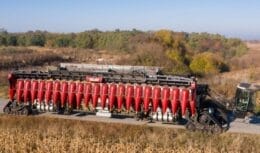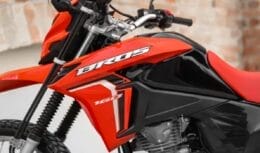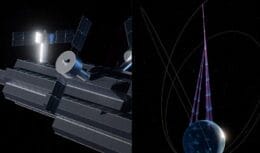
With stricter rules and a compliance deadline of 2027, major manufacturers in the automotive market need to rush to apply at least one hybrid car in their portfolios, seeking to establish a general average of pollutant emissions
Charging new pollutant emission limits since January of this year, the seventh phase of the Vehicle Emissions Control Program – Proconve caused a stir in the national automotive market. Proconve discontinued around 60 cars and 15 engines in 2021. For the next few years, the rules will become even stricter, and brands will have to do the impossible to comply with what the eighth phase of the program will ask for, scheduled to come into effect in mid-2025. The idea is that all combustion cars in Brazil will become hybrid cars.
Read also
Proconve is being strict with vehicle manufacturers and assemblers to stop the emission of pollutants
Proconve L8 will be divided into three phases, the first of which is already scheduled for 2025, the second for 2027 and the last one for 2029. In all, without exception, the government will charge new maximum pollutant emission limits, in a corporate manner, from all manufacturers.
The intention is to make manufacturers understand that it is necessary to carry out such an operation in general in the automotive market, not individually by manufactured model. According to the director of the emissions area at the Associação Brasileira de Engenharia Automotiva (AEA), Raquel Mizoe, still in the seventh phase, whatever the conventional passenger car sold in the country, from a Kwid to a Commander, it is necessary to comply with the same established emissions ceiling, which is 80 mg/km of Nmog + Nox, in the case of passenger cars; 140 mg/km for light commercial flex models, such as pickup trucks, vans and vans, and 320 mg/km for diesel utility models. It is worth noting that the acronym Nmog, translated from English, means organic gases not methane. The acronym Nox means nitrogen oxides.
Automotive market manufacturers must adapt to the new changes by 2027, when Proconve must become even stricter
The measures imposed by Proconve will be charged based on an average of all flex-fuel cars or light commercial vehicles from the same manufacturer. It is being demanded by Proconve that the portfolio of brands in the automotive market have an average of equivalent emissions for all.
According to the director of the AEA, the application of technologies inherent to combustion engines, such as turbo models or direct fuel injection, will help to bring cars into line with the parameters of the first phase, in 2025.
One suggestion is to convert these combustion vehicles to hybrid versions, creating a catalog only with hybrid cars, based on old line models and also electric cars.
Brands are already mobilizing to adapt to Proconve requirements
With all this pressure, Toyota already plans to have at least one hybrid car within all lineages that will be sold in Brazil by 2025. The models in view are the upcoming compact SUV Yaris Cross, which is a flex-fuel hybrid car, as well as the Corolla and Corolla Cross versions, the Hilux pickup, and the seven-seat SUV SW4, which will be diesel-powered hybrid cars.
Another major automaker has already been developing its own engine for a flex-fuel hybrid car: Volkswagen. It will apply it to at least six models by 2026. Stellantis will also produce hybrid and 100% electric cars in Brazil.








